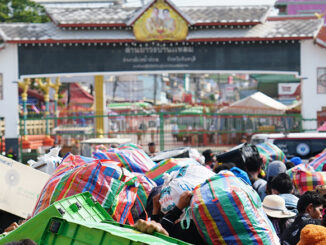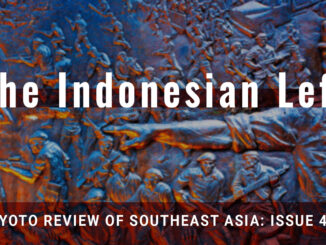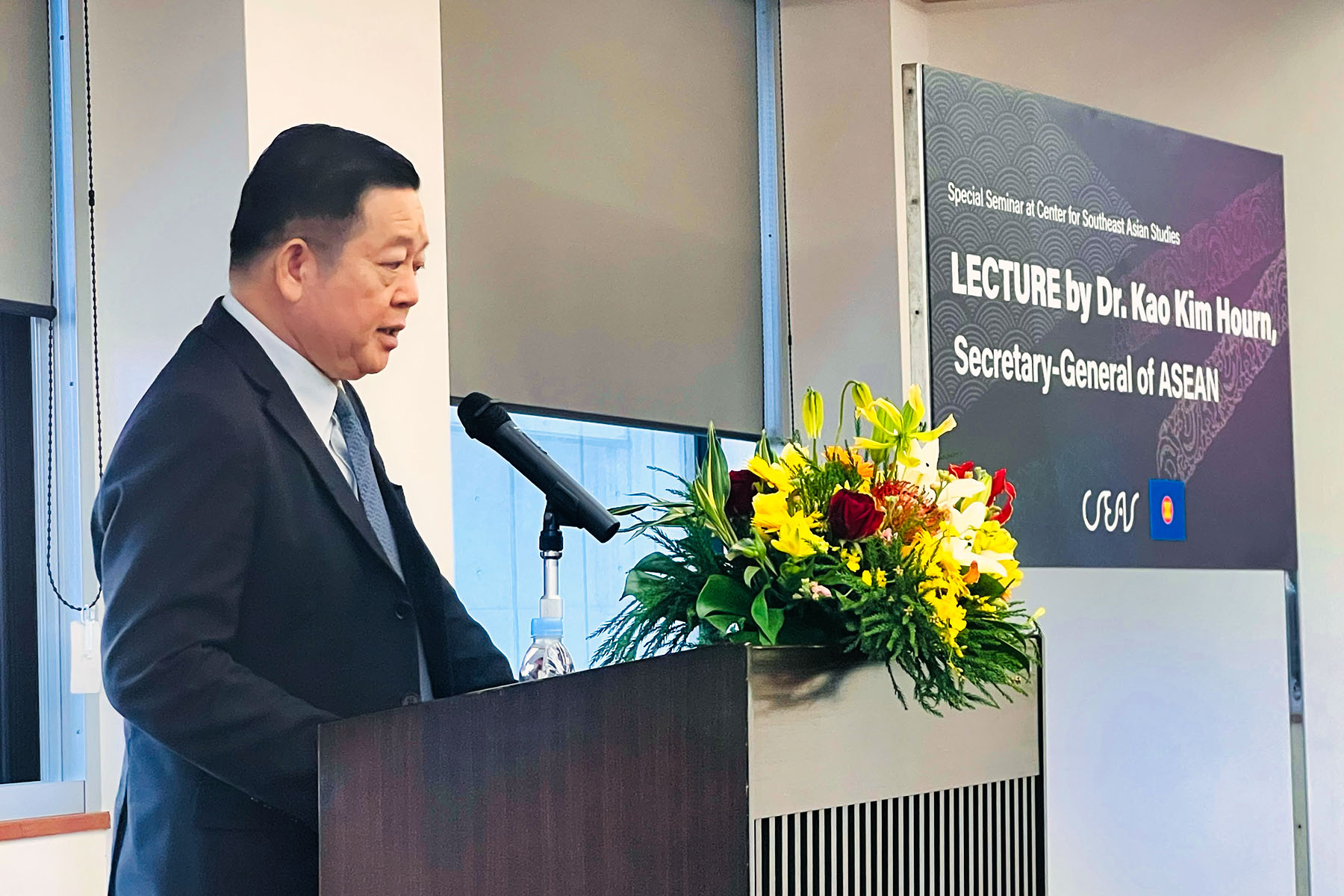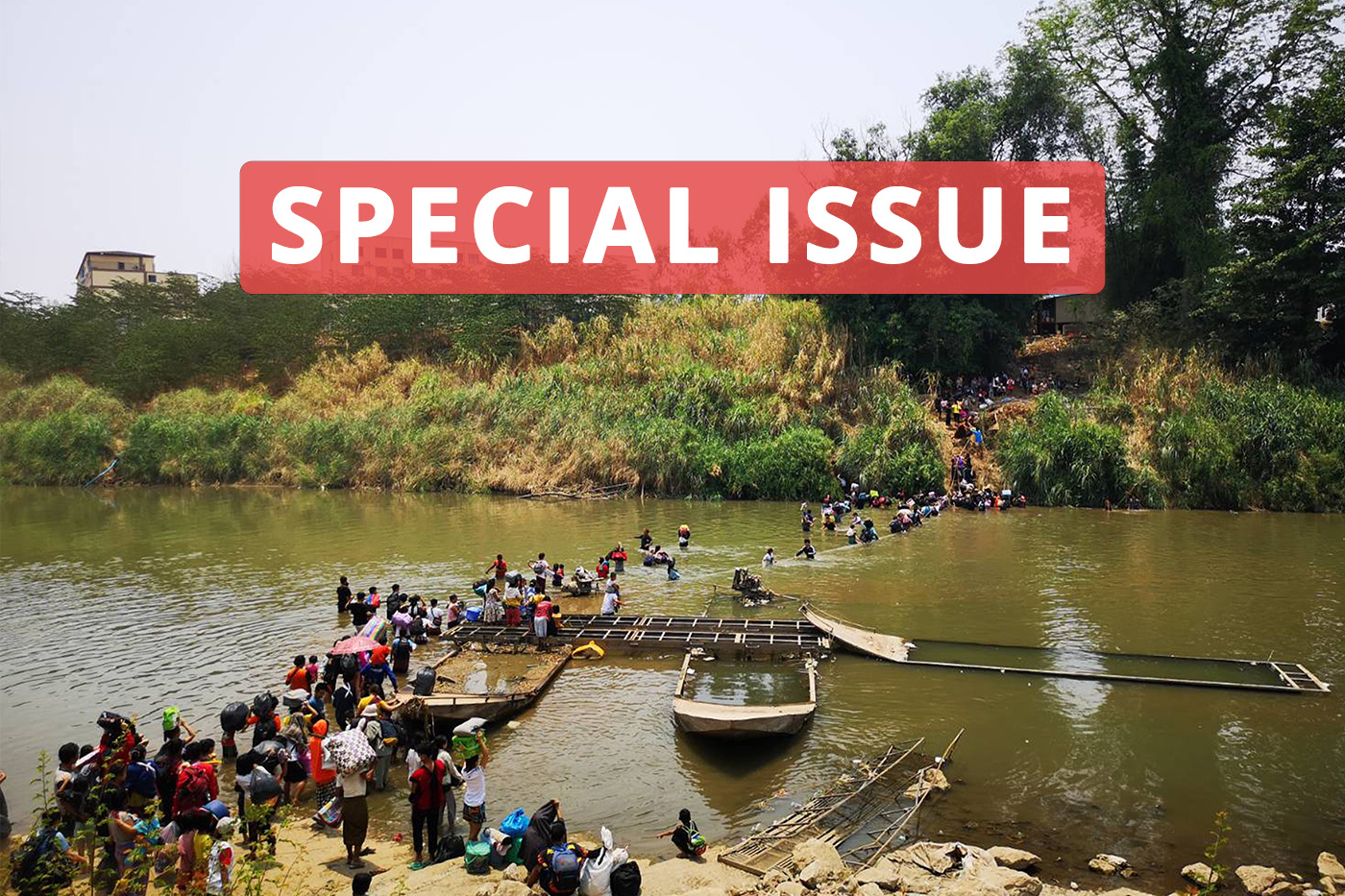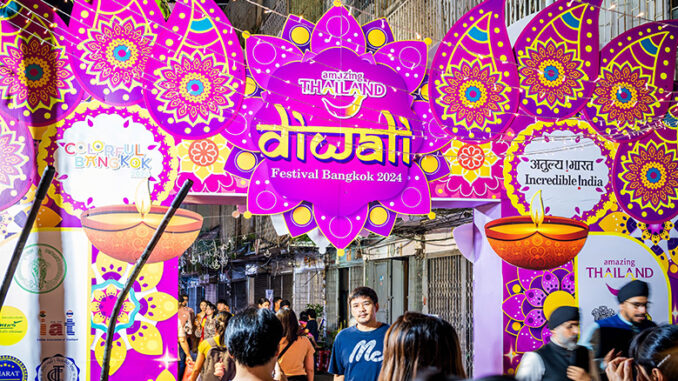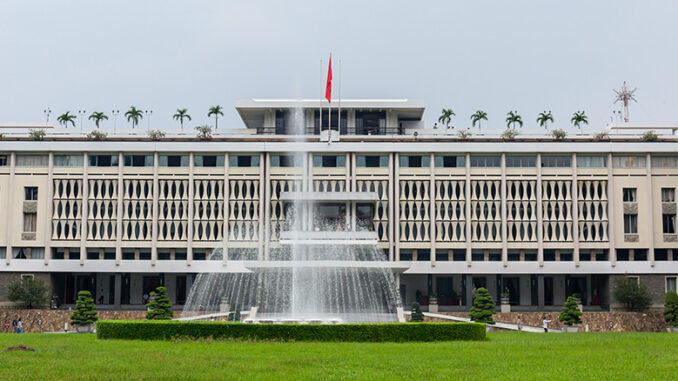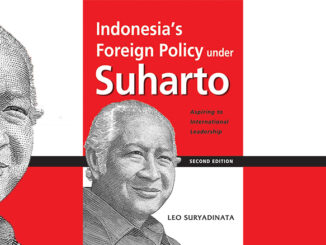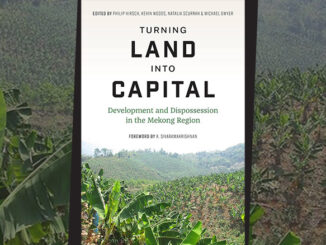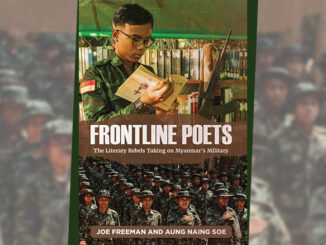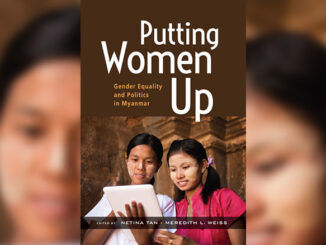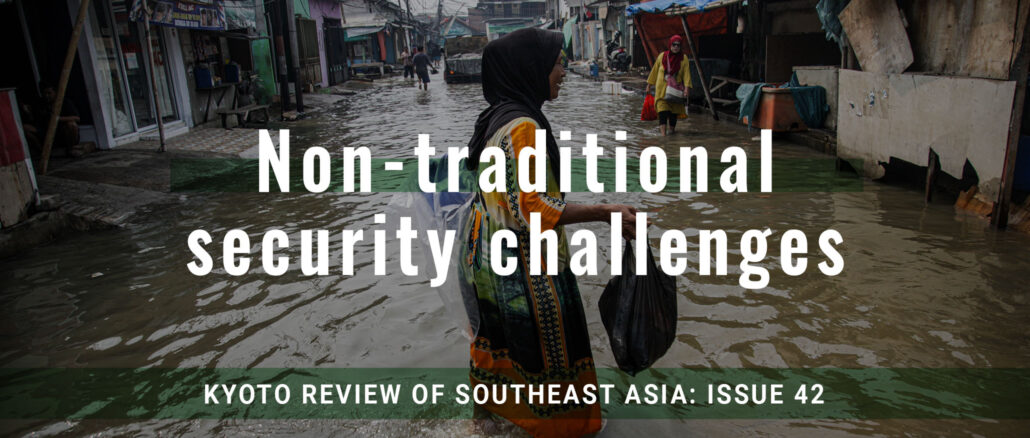
Moe Thuzar
-
 The February 2021 military coup in Myanmar cast a cloud of gloom over the country’s political future, especially with the cycle of violence that erupted in response to the military’s use of lethal force against unarmed civilians protesting the coup. That gloom has spread and darkened, affecting how people in Myanmar view – [...]
The February 2021 military coup in Myanmar cast a cloud of gloom over the country’s political future, especially with the cycle of violence that erupted in response to the military’s use of lethal force against unarmed civilians protesting the coup. That gloom has spread and darkened, affecting how people in Myanmar view – [...]
Mark S. Cogan
-
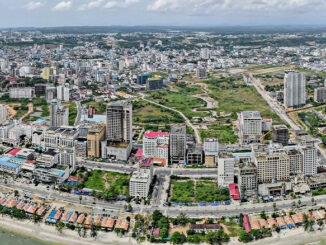 Thailand’s economy has suffered a staggering 60 billion baht loss in 2024 due to widespread online fraud, with millions of citizens falling victim to sophisticated telephone and SMS scams. The Royal Thai Police (RTP) reported well over 400,000 online fraud cases in the first quarter of 2024, accounting for losses upwards of contributing [...]
Thailand’s economy has suffered a staggering 60 billion baht loss in 2024 due to widespread online fraud, with millions of citizens falling victim to sophisticated telephone and SMS scams. The Royal Thai Police (RTP) reported well over 400,000 online fraud cases in the first quarter of 2024, accounting for losses upwards of contributing [...]
Sumanto Al Qurtuby
-
 Terrorism is undoubtedly hazardous to the national security and social harmony of any country in the world, including Indonesia. Yet, although an important issue, terrorism is not the only factor contributing to national insecurity and social disharmony in society. Indonesia is not exceptional in this regard. Multiple forms of violence–verbal or nonverbal, physical or symbolic, and political or cultural–outside [...]
Terrorism is undoubtedly hazardous to the national security and social harmony of any country in the world, including Indonesia. Yet, although an important issue, terrorism is not the only factor contributing to national insecurity and social disharmony in society. Indonesia is not exceptional in this regard. Multiple forms of violence–verbal or nonverbal, physical or symbolic, and political or cultural–outside [...]
Virgemarie A. Salazar
-
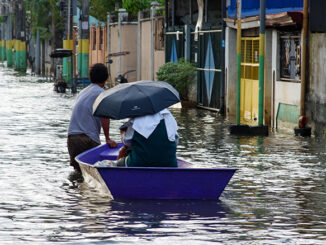 Climate change poses a grave threat to the long-term prosperity and security of Southeast Asia. In the 2025 State of Southeast Asia survey conducted by ISEAS-Yusof Ishak Institute, respondents for the first time ranked climate change and extreme weather events as the top challenges facing the region overtaking unemployment and economic recession, [...]
Climate change poses a grave threat to the long-term prosperity and security of Southeast Asia. In the 2025 State of Southeast Asia survey conducted by ISEAS-Yusof Ishak Institute, respondents for the first time ranked climate change and extreme weather events as the top challenges facing the region overtaking unemployment and economic recession, [...]

